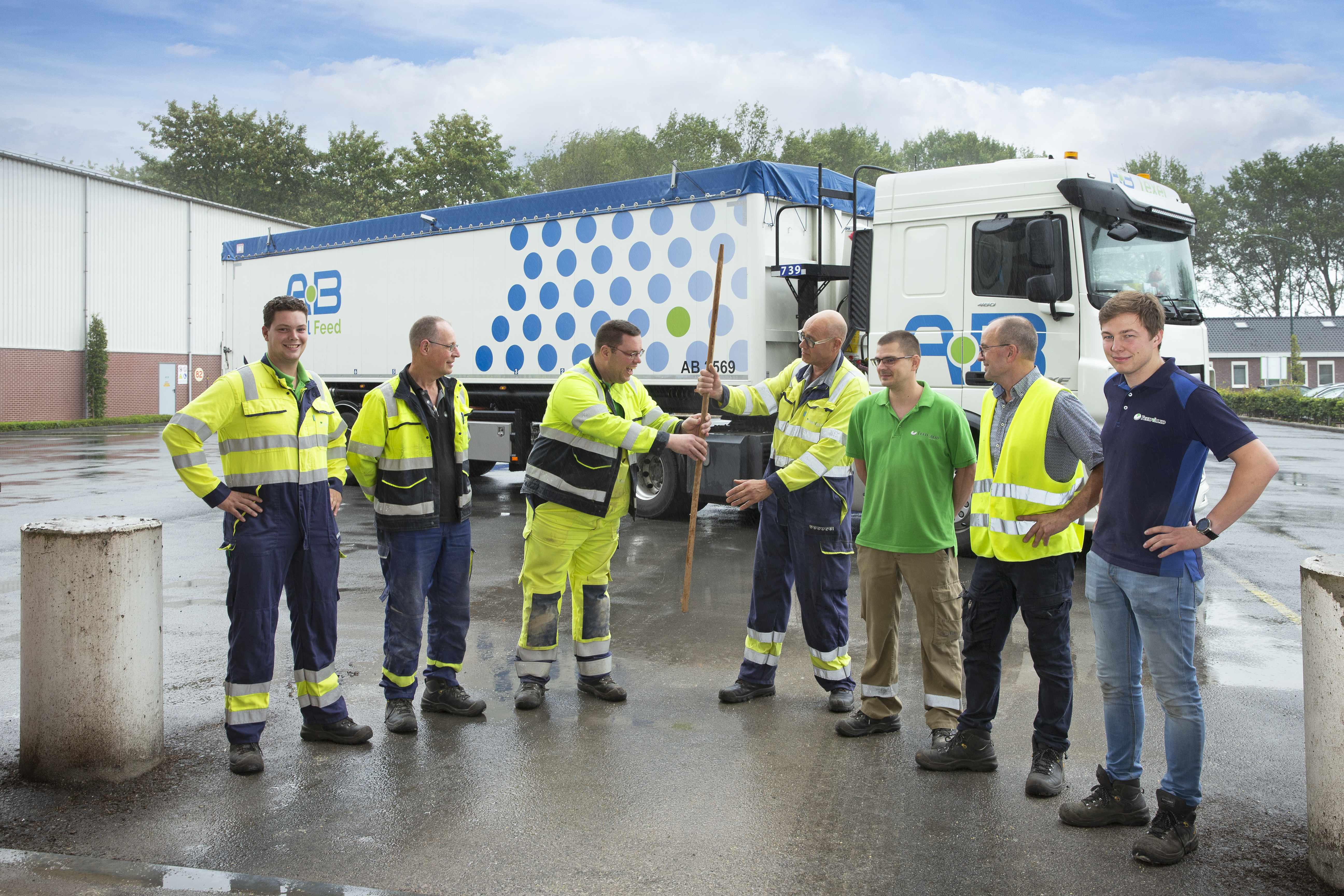Since 24 July, two new production lines for FeedValid’s rumen bypass proteins have been running at full capacity. Now that formaldehyde is no longer permitted for use in animal feeds, demand for FeedValid’s alternative using sugar has skyrocketed. The commissioning of the two production lines signals a definitive end to the formaldehyde era.
Extensively for digestibility and palatability
Proteins can be made rumen-resistant using formaldehyde or through thermal reaction involving sugar. Due to the ban on formaldehyde, FeedValid has expanded and upgraded its production lines using sugar. Over recent months, these have been extensively tested, checking products for bypasscontent and digestibility. All the conditions for achieving a high rumen bypass level have been met.
Patented Borregaard process
FeedValid uses the patented Borregaard process to make its RaPass and SoyPass products rumen-resistant. During the process, the protein is toasted and forms bonds with wood sugars, which increases the proportion of the rumen bypass protein. The meal is also toasted in combination with sugars to make FeedValid’s CovaminoRap and CovaminoSoy MP + HP products but with the addition of molasses and enzymes instead. Various test results show that these thermal processes involving the addition of reducing sugars lead to high rumen bypass levels with a good intestine digestibility.
High scores for protein resistance
The Flanders Research Institute for Agriculture, Fisheries and Food (ILVO) carried out independent testing on FeedValid’s rumen bypassprotein. The values ascertained for bypassrate in RaPass and SoyPass were 74% and 78% respectively. Having commissioned the two new production lines, FeedValid will continue to invest in process optimisation in the coming years.



